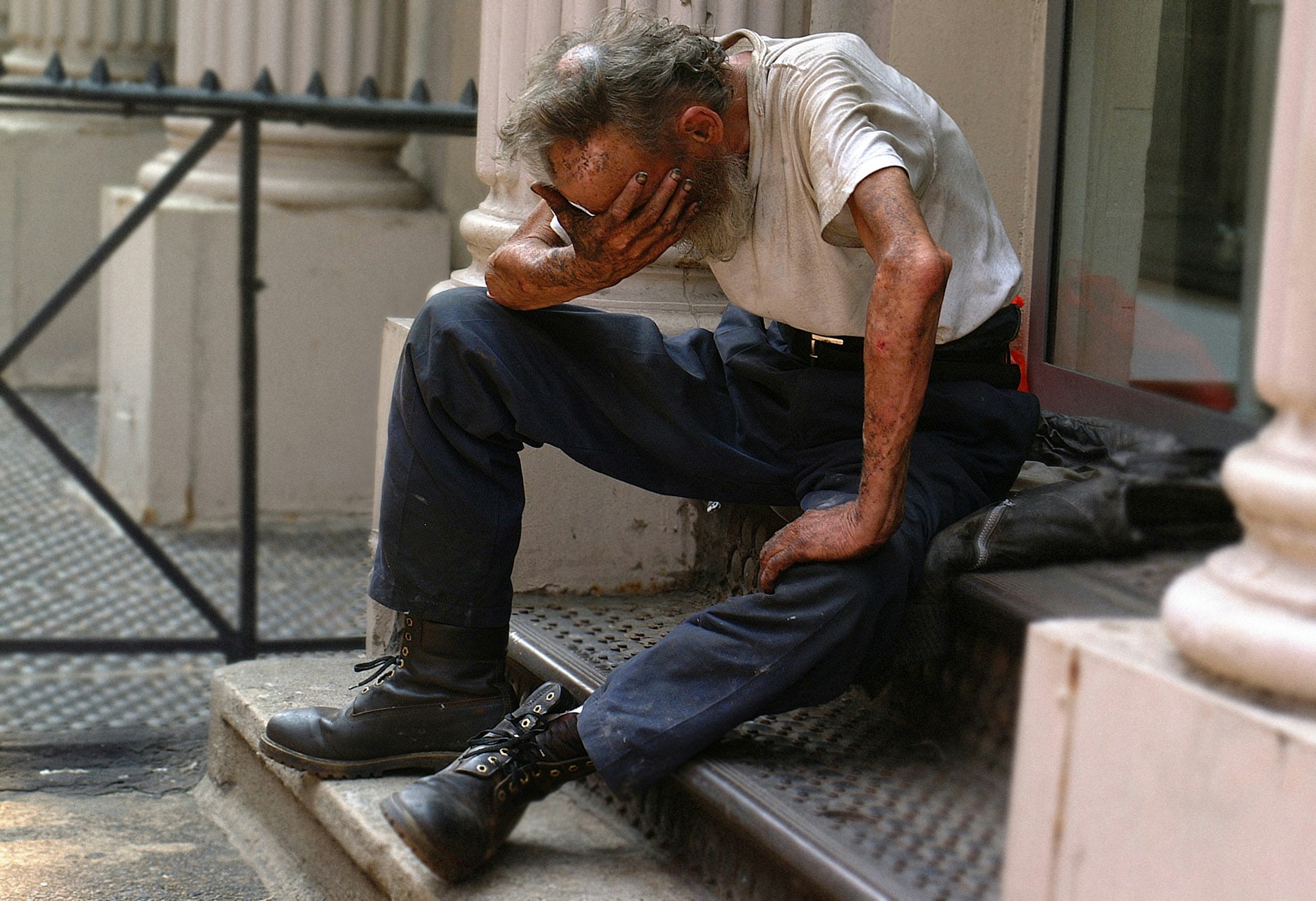Michael was the kind of man everyone admired — hardworking, dependable, always “on.”
If you asked him how he was doing, he’d smile and say, “I’m fine. Just busy.”
He said it so often that “busy” became his identity.
The Race That Never Ends
Michael’s day started at 5 a.m. Emails before breakfast. Phone calls on the way to work. Lunches eaten in meetings. By 10 p.m., he was still checking spreadsheets while telling himself, “Just one more thing.”
He promised to rest “when things slow down.”
But things never slowed down.
His gym membership gathered dust. His meals became instant noodles and coffee. His doctor’s reminders went unread.
And yet, he was “fine.” Always “fine.”
The Wake-Up Call
One morning, Michael woke up dizzy. His vision blurred, and his heart raced. He thought it was just stress — maybe dehydration. So he poured another cup of coffee and kept working.
Two days later, he fainted at his desk.
The doctor’s words hit him harder than the fall:
“You’re exhausted, malnourished, and dangerously close to burnout. Your body has been sending signals for months. You just never listened.”
The Moment Everything Changed
Lying in that hospital bed, Michael realized something simple but painful:
He had been managing projects better than he managed his own life.
He had time for meetings, deadlines, and everyone else — except himself.
And for what? His success meant nothing if he wasn’t healthy enough to enjoy it.
So he made a deal with himself:
“If I can schedule meetings for my job, I can schedule time for my health.”
The Turnaround
Michael started small.
A 10-minute walk before work.
A real breakfast instead of caffeine.
Turning off notifications after 8 p.m.
Doctor appointments — kept, not canceled.
He realized self-care wasn’t luxury — it was maintenance.
Like charging your phone so it doesn’t die mid-day.
Now, when people ask how he’s doing, he still smiles — but says something new:
“I’m not busy. I’m balanced.”
The Lesson for All of Us
You’re not too busy to take care of yourself.
You’re just prioritizing everything else.
Time doesn’t appear — it’s created. And if you don’t make time for your health, you’ll be forced to make time for your illness.
So stop waiting for things to “slow down.”
Because life won’t.
But you can.
Moral of the Story:
Success means nothing if you’re too tired or too sick to enjoy it.
Take care of the person running the race — not just the race itself.

